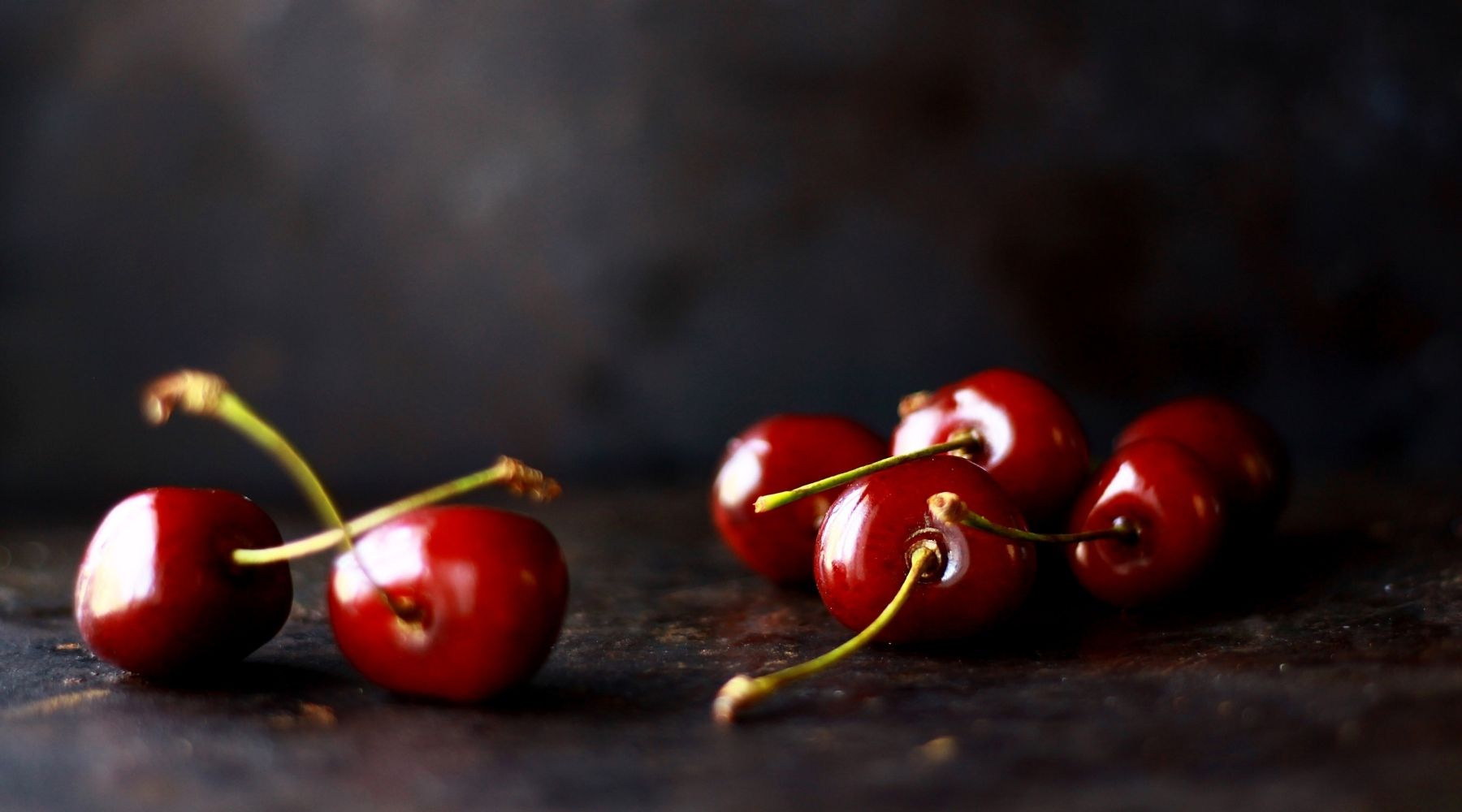
Food for thought
Food and sleep form the foundation of our well-being, alongside the necessities of air and water. Yet, their interaction is not always harmonious, with some foods acting as allies to our sleep, while others are adversaries.
In pursuit of a restful night's sleep, paying attention to your dietary choices as bedtime approaches is key.
We present a guide on the foods to avoid before sleep and those to embrace to improve sleep quality and stabilize your circadian rhythms.
The no no’s
- Takeaways
Opting for a late-night fast-food treat can feel rewarding, but dishes high in fats and heavy carbs often require extended digestion times, negatively impacting your sleep. Items like pizzas and cheeseburgers, with their cheese and processed meats, are particularly troublesome for digestion. Additionally, spicy foods, such as curries, can also disturb your digestive system, leading to discomfort that interferes with restful sleep.
- Sugar
Consuming sugar can cause a significant rise in insulin levels, which negatively impacts sleep quality. While sugar is omnipresent in many dietary options, making it difficult to completely avoid, it's crucial to be mindful of not indulging in high-sugar foods such as cakes, biscuits, cookies, candies, ice cream, chocolate, or desserts before sleep to prevent sleep disturbances.
- Caffeine
Everyone understands that a double espresso before bed is a no-go for inducing sleep, but many might overlook the caffeine lurking in certain foods. Beyond the expected coffee-flavored treats such as coffee cake or tiramisu, chocolate stands out as a significant source of caffeine, often overlooked, which can hinder your journey to dreamland.
- Cheese
You might have heard the myth that consuming cheese before bedtime can lead to nightmares, but despite the lack of concrete evidence, there are still compelling reasons to skip cheese in your pre-sleep snack. Particularly, aged cheeses like cheddar, gouda, and Manchego contain tyramine, an amino acid that can stimulate the brain and adrenal glands, leading to a fight or flight response — not the ideal precursor to a restful night. Besides aged cheeses, tyramine is also present in preserved meats, soy sauce, kimchi, pickled items, citrus fruits, and red wine, which could similarly interfere with your sleep.
- Spicy foods
If you're a fan of spicy foods, it's important to be aware that ingredients like capsaicin, responsible for the heat in chili peppers, can negatively impact your sleep. Consuming spicy foods can not only cause heartburn but also elevate your body temperature. Given that your body temperature naturally decreases as part of the bedtime preparation, introducing hot foods into your system can disrupt this natural thermoregulation, making it challenging to fall asleep.
- Fibrous foods
While incorporating fibrous foods into your diet is generally advantageous for health, eating them too close to bedtime might hinder your sleep. The difficulty in digesting high-fiber foods can cause discomfort, making it challenging to achieve restful sleep. It's advisable to enjoy fibrous selections, including beans and high-fiber fruits and vegetables such as broccoli, apples, and cauliflower, earlier in the day to ensure they don't disrupt your nighttime rest.
- Salt
Consuming salt can lead to dehydration, contributing to a feeling of lethargy upon waking. Additionally, foods high in salt, including crisps and nuts, can interfere with continuous sleep, resulting in frequent nocturnal awakenings. Avoiding these salty snacks before going to bed could help improve the quality of your sleep.
The sleep saviours
- Magnesium-containing foods
The importance of magnesium for a restful night's sleep cannot be overstated, as it aids in muscle and nerve regulation, along with maintaining healthy blood sugar levels. Foods high in magnesium, which can help facilitate relaxation at bedtime, encompass leafy greens, low-fat milk and yogurt, bananas, as well as dried beans, legumes, and unsalted varieties of nuts such as almonds and cashews.
- Cherries
Rich in melatonin, the hormone responsible for controlling our sleep-wake rhythm, cherries offer a healthy snack option for the evening. The melatonin content in cherries aids in augmenting the natural production of this hormone, which can be diminished by the blue light emitted from electronic devices such as smartphones. Incorporating cherries into your nighttime routine can help improve sleep quality.
- Tryptophan
Foods like canned tuna, nuts and seeds, turkey, chicken, oats, and whole milk are excellent sources of tryptophan, an amino acid that has been linked to better sleep. Studies have shown that incorporating more tryptophan into your diet can effectively increase melatonin production, thereby enhancing the quality of sleep.
- Honey
A simple nighttime beverage of warm water with raw honey can significantly aid in improving sleep. Raw honey, distinct from sweetened sugar syrups, has properties that stimulate melatonin production, thus facilitating a more restful and deep sleep.
- Oily fish
Consuming oily fish like salmon, mackerel, and trout offers a range of health benefits, thanks to their high content of omega-3 fatty acids and vitamin D. These nutrients are known to boost serotonin production, a key factor in regulating sleep patterns. As a result, incorporating these fish into your diet may help you experience faster and more restful sleep.
- Kiwi
Research suggests that kiwi, a serotonin-inducing fruit, may aid in promoting better sleep. In a study, individuals who consumed two kiwis before bedtime noticed significant improvements in their sleep patterns, including faster onset of sleep and increased duration of rest. (https://pubmed.ncbi.nlm.nih.gov/21669584/ https://www.sleepfoundation.org/nutrition/food-and-drink-promote-good-nights-sleep)
Maintaining awareness of what and when you eat is pivotal for achieving restorative sleep. Striking a balance between hunger and satiety is crucial; going to bed famished or stuffed can both impede sleep quality.
Late-night meals or hefty portions can interfere with sleep by prolonging the body's digestion process into bedtime. To optimize sleep, steer clear of eating within the three hours leading up to bedtime.
Conversely, if hunger pangs arise, it's advisable to have a light snack before the body transitions into its nocturnal rest phase. This proactive approach helps stabilize blood sugar levels, averting potential sleep disturbances.






